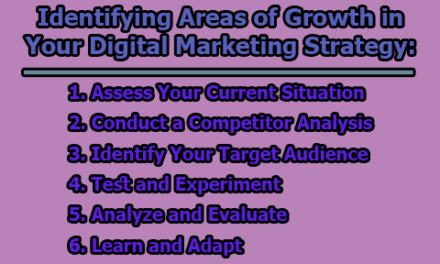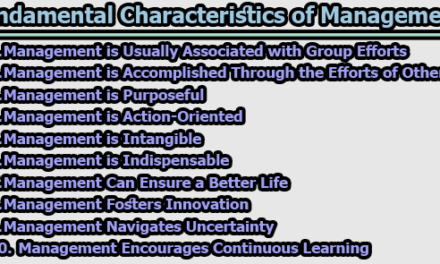Six Elements of Science that Exist in Management:
In the world of business, there’s a special connection between science and management that helps companies work better. This connection uses scientific ideas to make managing things more effective. There are six elements of science that exist in management, formulated by Taylor (F.W. Taylor or Fredrick Winslow Taylor, also known as the ‘Father of scientific management’ proved with his practical theories that a scientific method can be implemented in management):
1. Work Study: Enhancing Efficiency through Scientific Analysis:
Work study is a fundamental scientific element that plays a pivotal role in management practices. It involves the systematic analysis of work processes to identify areas of inefficiency, eliminate waste, and optimize resource utilization. This approach involves breaking down tasks into their constituent motions, observing and timing them, and then devising methods to eliminate unnecessary movements and reduce time wastage. Through work study, organizations can enhance productivity, improve quality, and reduce operational costs.
2. Standardization of Tools and Equipment: Consistency and Precision:
Standardization is another scientific element that underpins effective management. It involves the establishment of uniform specifications for tools, equipment, processes, and materials used in production and operations. The aim is to ensure consistency, reduce variations, and facilitate efficient interchangeability. By adopting standardized tools and equipment, organizations can streamline production processes, minimize defects, and simplify maintenance and repairs. Additionally, standardization contributes to efficient resource allocation and supports the implementation of best practices, leading to improved overall performance.
3. Scientific Selection, Placement, and Training: Building Competent Teams:
The process of scientific selection, placement, and training brings scientific principles into the realm of human resource management. This element emphasizes the importance of matching the right individuals to the right roles based on their skills, competencies, and aptitudes. Scientific selection involves using validated assessment methods to identify candidates with the necessary qualifications and attributes. Once selected, placing employees in roles that align with their strengths and expertise maximizes their potential contribution to the organization. Moreover, comprehensive training programs rooted in scientific methods enable employees to acquire the skills needed to excel in their positions, fostering professional growth and organizational success.
4. Development of Functional Foremanship: Specialization and Expertise:
A functional foremanship is a scientific approach to supervision that involves dividing the traditional role of a foreman into specialized functions. This concept involves appointing different foremen for specific aspects of the production process, such as planning, routing, instruction, discipline, and inspection. This division of labor allows each foreman to focus on a specialized area, leading to enhanced expertise and efficiency. By leveraging the principles of functional foremanship, organizations can achieve higher levels of coordination, quality control, and productivity.
5. Introducing Costing Systems: Rationalizing Financial Management:
The introduction of costing systems injects a scientific approach into financial management and decision-making. Accurate cost information is essential for effective resource allocation, pricing strategies, and profitability analysis. Various costing methods, such as activity-based costing (ABC) and standard costing, employ scientific principles to allocate costs to products or services accurately. By adopting these systems, organizations can make informed decisions, identify cost drivers, and optimize their operations to achieve sustainable financial outcomes.
6. Mental Systems: Harnessing Psychological Insights:
While the previous elements focused primarily on operational and technical aspects, the concept of mental systems introduces psychological insights into management practices. Mental systems encompass understanding and managing the cognitive and emotional aspects of employees and teams. This includes fostering a positive organizational culture, promoting employee well-being, and enhancing motivation and engagement. Applying principles from psychology and behavioral economics, organizations can create environments that facilitate creativity, innovation, and collaboration, leading to improved overall performance and employee satisfaction.
In conclusion, using scientific methods in management helps businesses work better. Ideas like studying work, making things the same way, choosing and training people smartly, using special supervision, figuring out costs well, and understanding how people think all make a big difference. These scientific ways make companies run smoother and be more successful. So, it’s clear that when science and management come together, great things can happen for any business.

Library Lecturer at Nurul Amin Degree College










